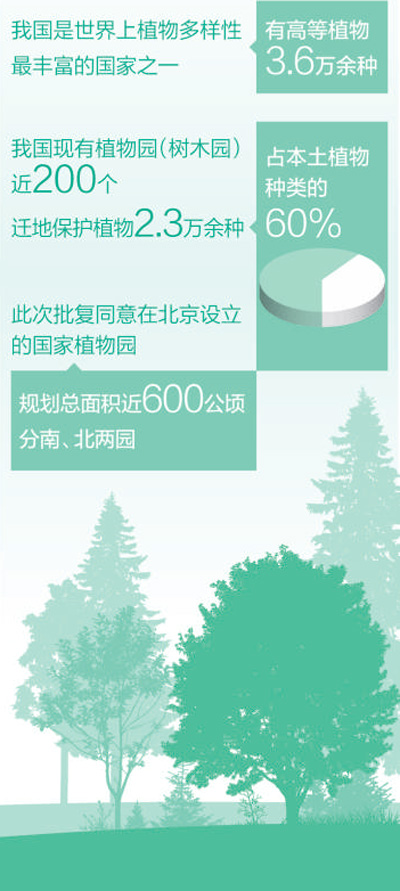
“我这一辈子活了快一百岁,运气都是路边捡来的。逢凶化吉。老实人和狡猾人都难以相信。”艺术家黄永玉在《沿着塞纳河到翡冷翠》一书中如是说。
 (资料图片仅供参考)
(资料图片仅供参考)
1925年,徐志摩写了一首诗,名为《翡冷翠的一夜》,将意大利城市佛罗伦萨命名为翡冷翠。就在这首诗问世的前一年,黄永玉在湘西出生了,这个土家族的孩子在近一个世纪的风云变幻中始终保持着孩童的好奇,用双脚丈量世界,一路从湘西走到了欧洲,从塞纳河走到了翡冷翠,并写下了散文集《沿着塞纳河到翡冷翠》。不久前,这本书新版发行。
图:画家黄永玉
说起父亲当时在欧洲游历写生的经历,黄永玉的儿子黄黑蛮回忆道:“(他)每到一个地方就是没有想到玩,都带着纸、带着笔,然后马上就画一幅画。比如说,他去德国旅行的时候,他就从山下开始,第一步上山就画一幅画,然后一步一步半山腰也画,看到泉水了,看见什么鸟了,看见什么树了,就画了几十张。”
图:黄永玉作品《佛罗伦萨全景》(局部)
黄永玉十多岁的时候离开湘西老家,去到福建的集美中学读初中。可是课堂知识并不能满足他对知识的渴求,真正吸引他的是学校图书馆的藏书。书籍和外面的世界,比课堂更让他着迷。
说起外面的世界,就不得不提起黄永玉小时候的一段传奇故事。有一次黄永玉爬到开元寺的玉兰树上摘花,被寺里的弘一法师撞见。后来俩人就聊天,慢慢熟悉彼此。弘一法师在去世前还留了一幅字给黄永玉,写的是“不为自己求安乐,但愿众生得离苦”。尽管对于弘一法师留给他的话,年轻的黄永玉还一知半解,不过他此后却践行着法师的教诲,始终乐于以自己所长服务大众。
图:黄永玉作品《圣三一桥即景》(局部)
黄永玉一生挥毫泼墨、刻木铸铜,创作了大量艺术作品。能够同时做这么多的事,他说自己是“很诚恳地出尽了力气”。“要开心地干活,要有分量地,要认真地,不是马虎应付别人地干。”站在百岁人生边上,黄永玉用“一个小兵丁”来形容自己,“活一天就做一天事。我每天都做事情,不做事情就想,眼前还争取时间做些事情。”
图:黄永玉作品《翡冷翠老桥》(局部)
如果把黄永玉的人生比喻成一本书,那一定是一本充满奇异图画的绘本,主题是一个天不怕地不怕的野孩子在时空隧道里的世纪大冒险。旅途中有兵荒马乱,颠沛流离,也有陌生人的嘘寒问暖和智者的善意点化。
图:黄永玉作品《今夜》(局部)
山河风云,映入他的眼眸,草木走兽,在他笔下摇曳生姿。野孩子在冒险中成长为英雄,他过关斩将的三个法宝是:尽最大可能做自己;不遗余力地爱这个世界;在最黯淡的日子也对未来怀有希望。
Huang Yongyu is a celebrated artist known for the primitive beauty of his wood prints and ink paintings. Over the course of his artistic life, which spans over half a century, he also wrote many autobiographical novels and essays. As the latest edition of his book "Along the River Seine to Florence"is released, the master shared some reflections on his artistic journey and the stories behind the creation of his book with China Media Group.
Living in a suburban village in Beijing now, the veteran artist keeps the habit of drawing, even at the age of 99. He views himself as an ordinary "soldier"who has nothing special.
"As long as I"m alive, I want to do something. I always think about what I can do to make each day count,"he said.
Huang"s friends and family members are preparing a centennial exhibition on his works. When asked about the exhibition, Huang stressed that he will try to impress people by offering some new works.
Born in 1924 in Fenghuang County in central China"s Hunan Province, Huang Yongyu left his hometown in his teens. He went to study at Jimei Middle School in Fujian province in southern China. However, the subjects taught in class didn"t interest him much, and he found himself drawn to the books in the school library and the world outside.
In his twenties, Huang became fascinated by woodcutting and as a self-taught artist, he created a series of extraordinary woodcut prints. Later, he became a member of the China Woodcut Association and a professor at the Central Academy of Fine Arts. Huang also wrote many autobiographical novels and essays.
"Along the River Seine to Florence"is a book created by Huang about his travel experiences to Europe in the 1990s. It was first published in 2006 and has since been translated into Italian. For many years, the book remained a best-seller in China.
Asked why he could manage to balance and excel in all of these areas such as painting, woodcutting, writing, and sculpting at the same time, Huang said he always tried his best and avoided being careless about his work.
"I always strive to give my best effort in my thinking and painting. I believe that as ordinary people, we should always strive to do our best in our work, even if the results may not always be perfect. The most important thing is that we put in our best effort,"said Huang.
He added that in addition to being serious about one"s work, people should be happy while working. He used to say that everyone lives a normal life and people should be happy and less sad.
The painting "Tonight"was created in 2022, amid the COVID-19 pandemic. Huang said that he wanted to give his best wishes to the world.
"I hope that everyone in the world can experience a night like this, with sweetness and peace. My wish is for people to enjoy good nights like this day by day, month by month, year by year, decade by decade, and even century by century,"he added.
编辑:傅璐
责任编辑:范菁
标签:



